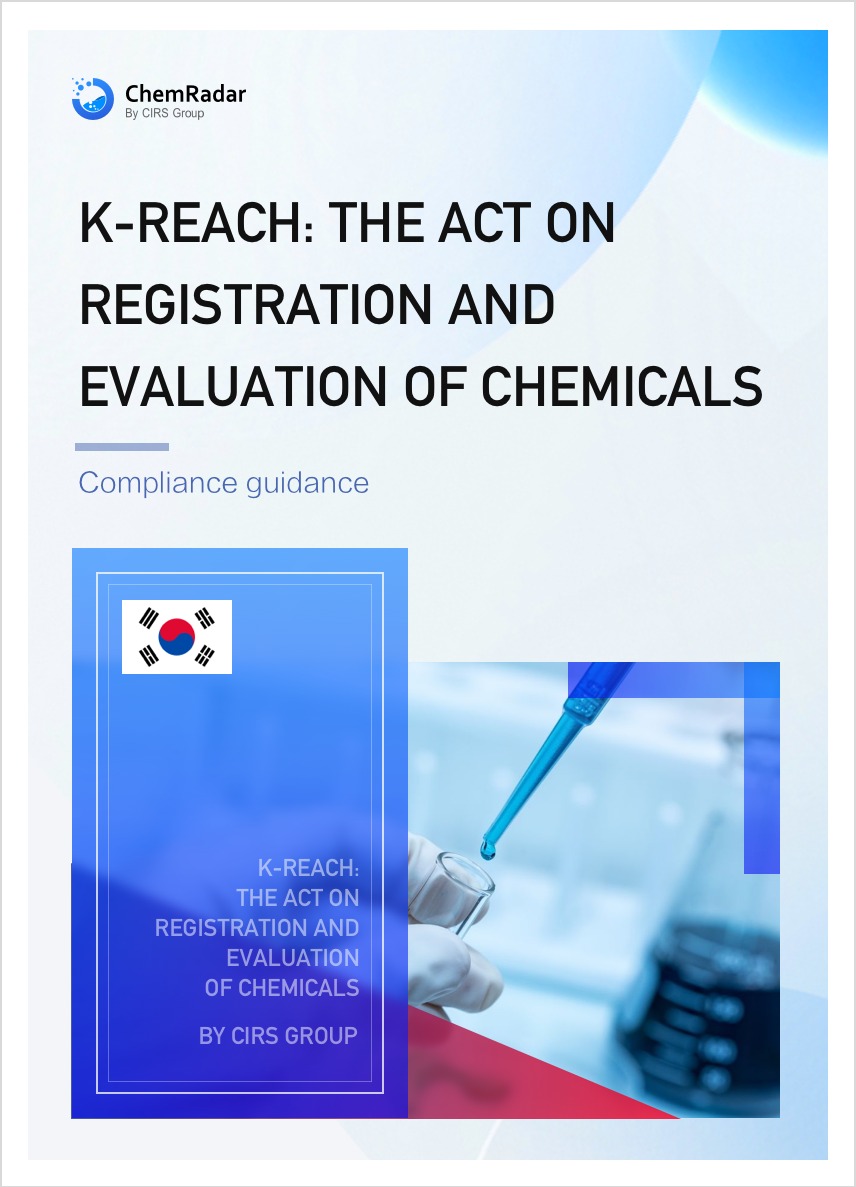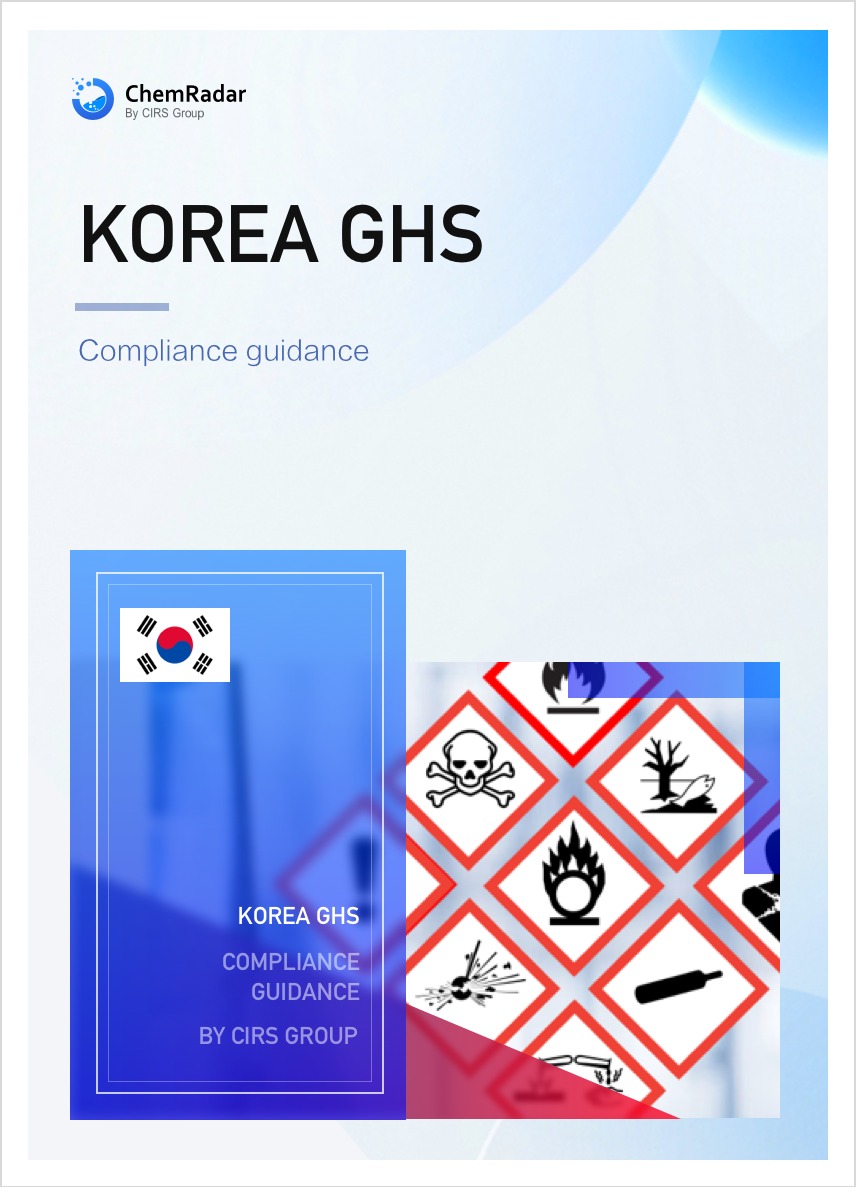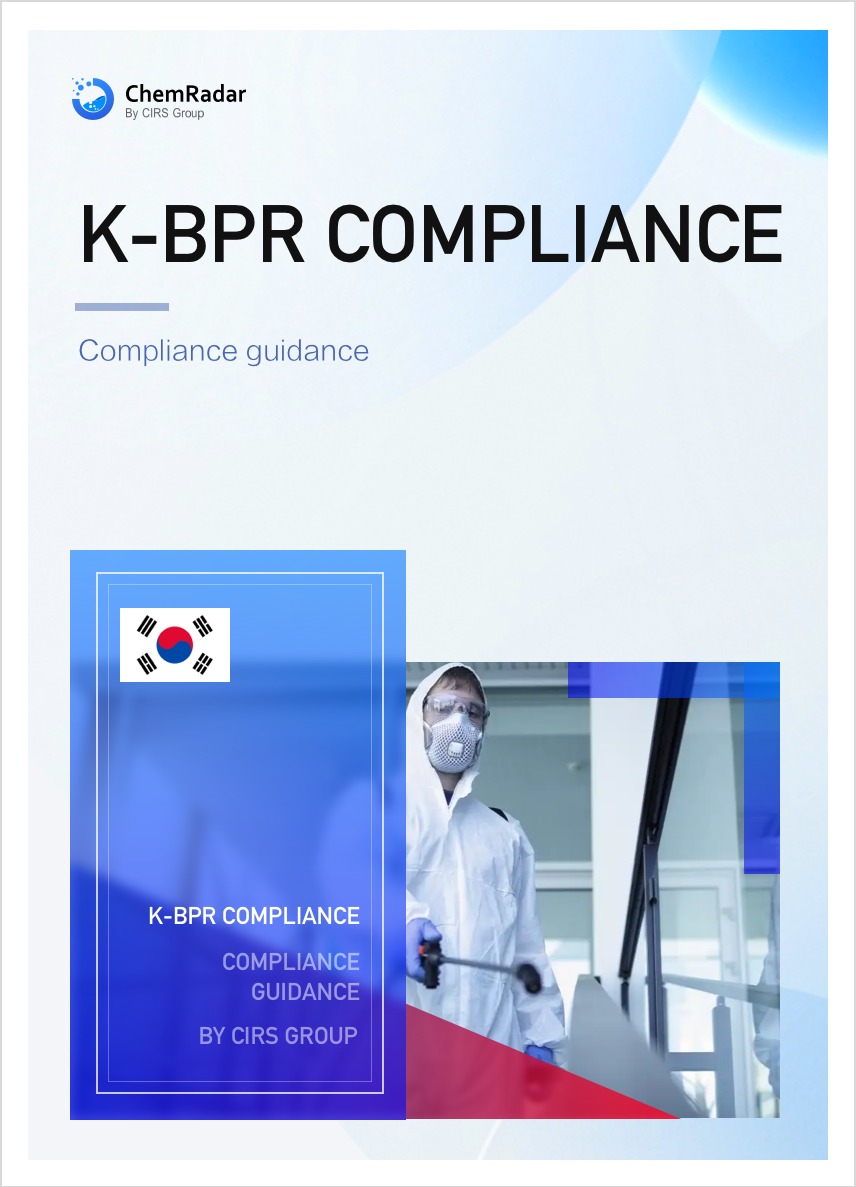On February 5, 2025, the South Korean National Assembly officially launched the legislative revision process for the Act on the Registration and Evaluation of Chemicals (K-REACH), aiming to resolve disputes in the joint submission system for chemical substances and fill legal gaps in the replacement procedures for foreign manufacturers’ designated Only Representatives (OR). The revision, undergoing parliamentary review from February 7 to 21, 2025, marks a critical step in enhancing South Korea’s chemical management framework.
Systematic Upgrade of Joint Submission System
The revision focuses on improving fairness and transparency in joint registration submissions. Under current regulations, companies manufacturing or importing over 1 ton per year of existing chemicals must register through a consortium. However, latecomers often face unilateral fee allocation by consortium and lack transparency in cost justification.
The revision introduces Articles 15 and 16(3)-(5) to establish a dispute mediation mechanism:
- Applicants facing delays due to disputes over data selection or fee allocation may request mediation from the Environment Minister.
- The Environment Minister must propose a mediation plan within 90 days and can mandate parties to submit detailed cost calculations.
- A registration data submission deferral mechanism allows applicants up to two years to resolve disputes over unreasonable fees, though failure to reach agreement will result in registration cancellation.
Clarifying Continuity for Foreign Manufacturers’ OR
The current system lacks legal clarity when foreign manufacturers replace their OR. The revision adds Articles 45(2) and 45(4):
- Newly appointed OR automatically inherit all legal responsibilities and rights from their predecessors.
- New OR must notify the Ministry of Environment within one month of appointment.
These changes aim to ensure business continuity and legal stability for multinational companies, mitigating compliance risks during OR transitions.
Strengthening Enforcement Framework
The revision refines OR operational rules, stipulating that chemical registrations under previous OR transfer seamlessly to successors. It grants the Environment Minister expanded oversight, including authority to summon stakeholders for statements and formalize mediation procedures through ministerial decrees.
According to the supplementary provisions, the revision will take effect six months after promulgation, with OR-related clauses effective immediately. The Ministry of Environment emphasized that this revision, though not yet enacted, signals a new era of institutional optimization in South Korea’s chemical management. It also offers an innovative global model for REACH regulations by institutionalizing dispute mediation, standardizing entity transitions, and codifying regulatory interventions, demonstrating enhanced governance resilience and regulatory sophistication.





